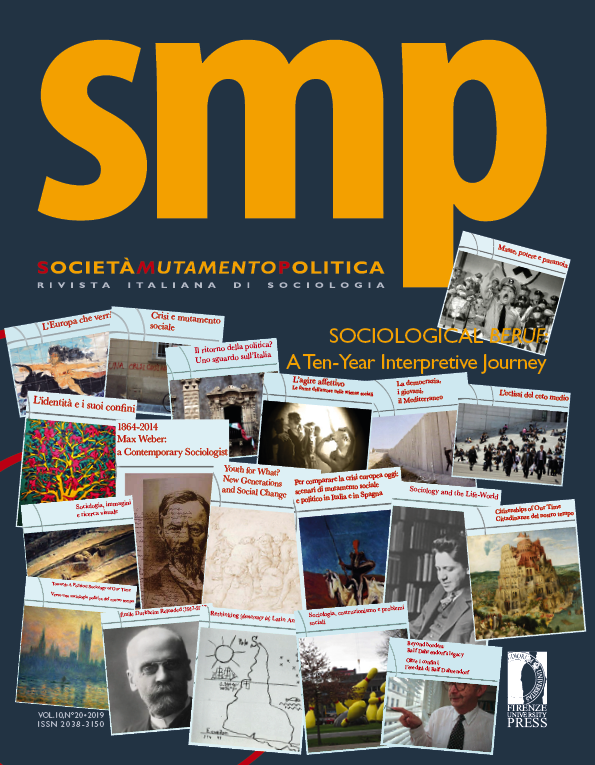Le paradoxe de la « fabrique des hommes politiques », ou : Max Weber, Bismarck et les chefs de parti au parlement
Published 2020-01-16
Keywords
- The profession of politician,
- the selection of political leaders,
- the Caesarist regime of Bismarck,
- parliament and government
How to Cite
Abstract
This article provides a historical approach to the vision of the politician and political leader as they appear in the conference on ‘Politics as a Vocation’, in Weber’s political writings from the war years and in his correspondence since the 1880s. The Weberian conception of the role of party leaders in a modern political system is based on an analysis of their exclusion from political responsibilities in Germany from the Bismarckian era to the end of the First World War. Weber’s proposal, in 1919, to have the President of the Reich elected by the people does not mean a “caesarist” or charismatic turn, but is part of his reflections on the relationship between political parties, parliament and government.


